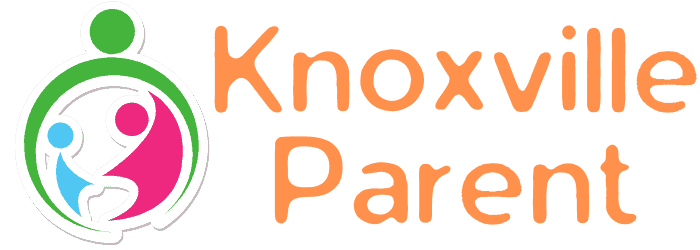Disability doesn’t mean inability
by John Frederick Wolfe, M.D.
Disability is not inability. It is true that children and youth with chronic juvenile inflammatory types of arthritis have disabilities. Other chronic diseases also have disabilities. This means that a child is not able to run as fast, throw a ball as well, dance as well as children who have no disabilities. However, just because it is difficult to do many activities like riding, running, jumping, throwing and playing, it does not mean that these cannot be done. They can be accomplished, and the disabilities can be overcome. The goal of education by the physician, by the therapist, by the parent and by the teacher is to help these students, these children, these young people to understand that they can overcome and manage disabilities. The child also needs to teach the teachers and parents and therapists and physicians that they can do things if they are given the proper education and tools to do them.
Even with severe arthritis, Renoir learned to paint with a paintbrush tied to his hands. His art remains a resounding NO to the question of “Does rheumatoid arthritis cause inability?” Mr. Jacuzzi’s father was an Italian immigrant plumber who invented a tub with bubbling water for the treatment of his son with juvenile rheumatoid disease. His son, who did not have the benefit of modern medicines, turned his disability into an ability to write software programs for disabled young people. Our job is to educate parents to stop and listen, to be honest and help children learn ways to address problems. It is the job of the physician and the therapist as well as the child to help the teachers understand that many of these disabilities can be overcome and are not inabilities.
The community of parents, teachers and physicians and therapists all work together to teach young people and each other that they can do much of what they want to do by thinking outside the box and addressing disabilities with the same kind of enthusiasm that Renoir or Jacuzzi approached their disabilities. This may mean, for example, teaching the child who wishes to become competitive in sports that football is not the best way but that swimming is good. Making available the facilities and training for swimming which is a non-impact activity on the joints will be just as rewarding as jumping up and down playing basketball or football. It may mean teaching children that dictating a story through a computer program is just as responsible and just as intelligent as writing it out. It may mean making clothes with Velcro that lies behind buttons that look normal, so that children can dress themselves independently and be normal.
Diseases and disabilities may persist. But while we cannot cure diseases, we can treat and decrease their effects. While the disabilities may not go away, we can work around many. It is adapting our attitudes and our lives to the concept that disabled is not unable.

 Dr. John Frederick Wolfe, a North Carolina native, received his undergraduate degree from Duke University in Durham, North Carolina, and graduated with an MD degree from the University of North Carolina at Chapel Hill. His internship and residency was in Internal Medicine at the University of Missouri in Columbia, as was his fellowship in Rheumatology. He was on the faculty of the University of Missouri until he and Dr. Donna M. Winn founded the practice of Rheumatology Consultants, PLLC in 1979. He is board certified in Internal Medicine and Rheumatology.
Dr. John Frederick Wolfe, a North Carolina native, received his undergraduate degree from Duke University in Durham, North Carolina, and graduated with an MD degree from the University of North Carolina at Chapel Hill. His internship and residency was in Internal Medicine at the University of Missouri in Columbia, as was his fellowship in Rheumatology. He was on the faculty of the University of Missouri until he and Dr. Donna M. Winn founded the practice of Rheumatology Consultants, PLLC in 1979. He is board certified in Internal Medicine and Rheumatology.
Related posts
Newsletter Subscribe
Newest Posts
Set Up a Parental Control for Online Safety
Have you ever wondered how long your children spend in front of a device without your supervision? Yes, it is…
Adopt A Life, Save A Life
By Jeff Ashin, CEO, Young-Williams Animal Center. Photo by: Young-Williams Animal Center Are you or your child thinking of adding…


